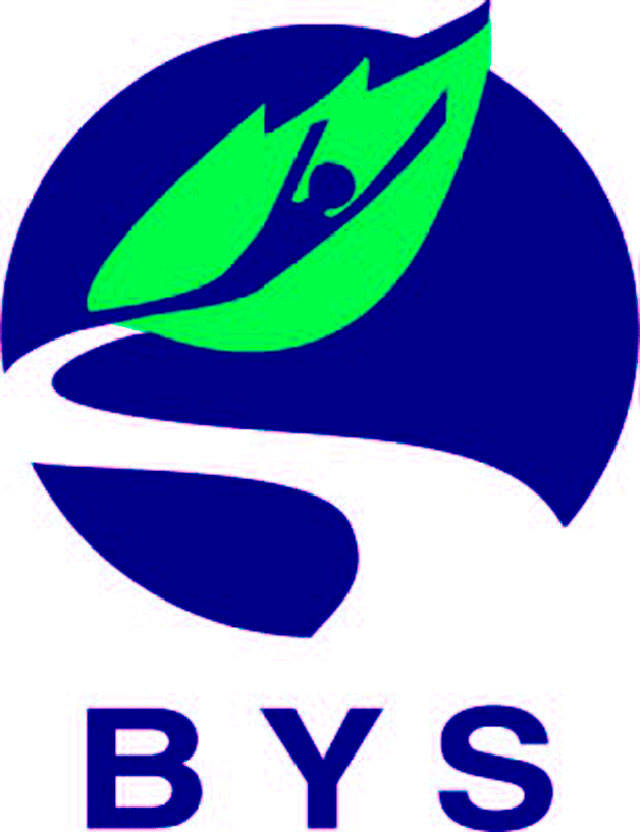Bainbridge Youth Services is offering a Youth Mental Health First Aid Training course later this month.
The event is called “CPR for the Mind.” Organizers note that just as CPR training helps assist someone suffering a heart attack, Youth Mental Health First Aid Training is the help offered to a young person experiencing a mental health or substance use challenge.
The eight-hour course is Friday, Feb. 21, at the BYS office at 8533 Madison Ave. The cost is $35; to register, contact Brittany Wisner at brittany@bainbridgeyouthservices.org or 206-842-9675.
The all-day course discusses signs and symptoms of common mental health problems and teaches participants a five-step method that can be used when a young person is experiencing a mental health concern. It’s part of a nationwide movement to help people recognize and respond to mental health emergencies. The National Council for Behavioral Health has trained more than 1 million people — 24,000 in Washington state — in its Mental Health First Aid courses throughout the country.
The campaign’s goal is to take the fear and hesitation out of starting conversations about mental health and make mental health first aid as common as CPR training. (The American Heart Association and the Red Cross train more than 20 million Americans each year in CPR.)
The Mental Health First Aid program teaches a five-step action plan, known by the life-saving acronym, ALGEE. Here are the steps:
A: Assess for risk of suicide or harm
Some warning signs include: threatening to hurt or kill oneself, seeking access to means to hurt or kill oneself, talking or writing about death and feeling hopeless.
L: Listen nonjudgmentally
Mental Health First Aid teaches you to use verbal and nonverbal skills such as open body posture, comfortable eye contact and other strategies to take part in appropriate conversation.
G: Give reassurance and information
Mental Health First Aid provides information and resources you can offer to someone to offer emotional support and practical help.
E: Encourage appropriate professional help
Types of professionals include: primary care physicians, psychiatrists, social workers, counselors and certified peer specialists. Types of professional help include: talk therapies, medication and other professional supports.
E: Encourage self-help and other support strategies
For more information, contact BYS at info@bainbridgeyouthservices.org or the Council on Behavioral Health at www.mentalhealthfirstaid.org/mental-health-resources.



